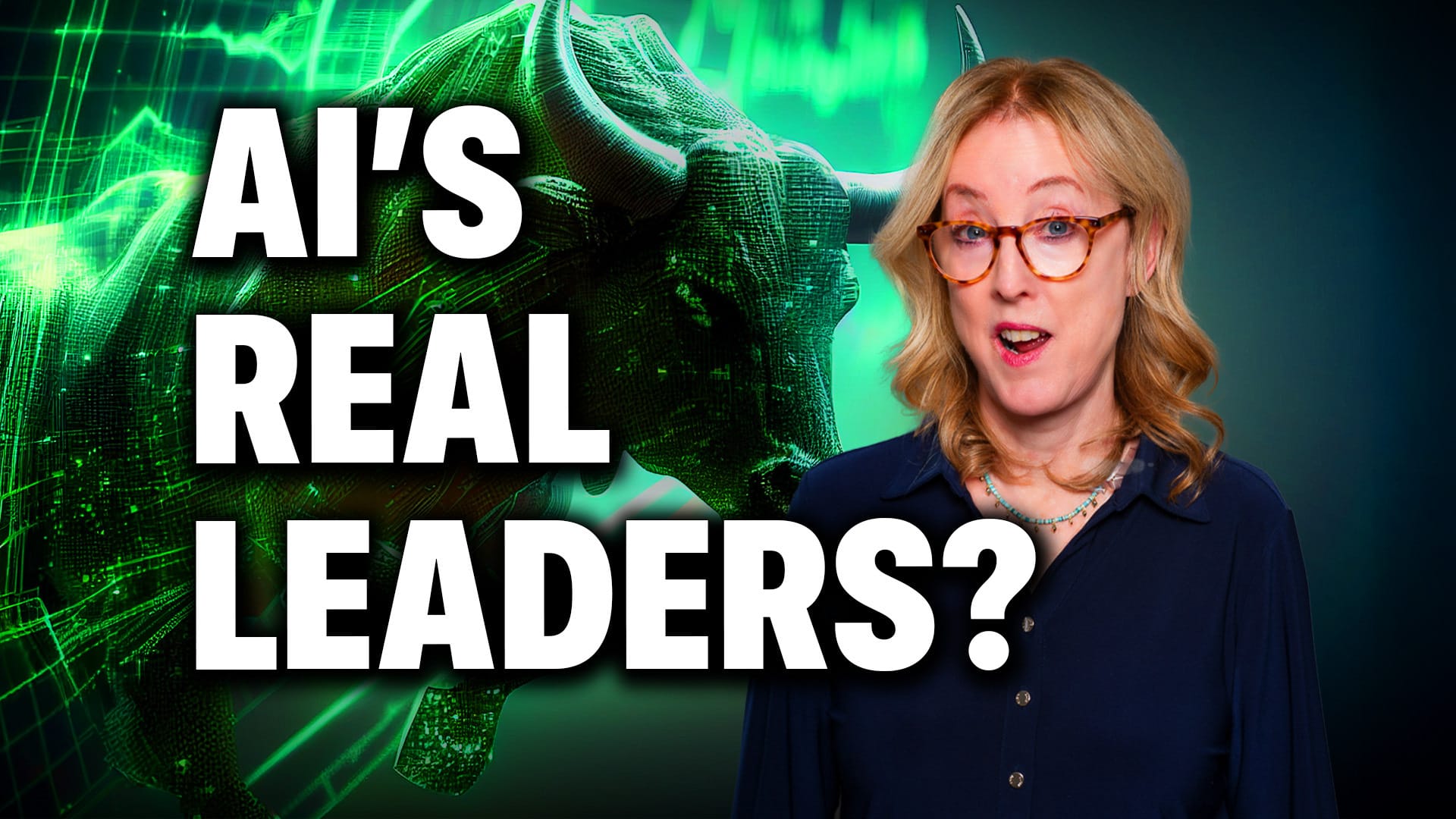NEW JAPANESE MARKET LEADERSHIP MAY BE SIGNALING SHIFT TO GLOBAL INFLATION
JAPAN CONTINUES TO LEAD GLOBAL MARKETS ... I've written several bullish articles on Japan over the last few months. The last one on September 9 carried the headlines: "Japan Hits Four Year High" and "Japanese Market Leads Global Rally". The last paragraph in that article includes the following statement: "The Japanese market has embarked on a new uptrend and, in my view, represents one of the best values in the world" (September 09, 2005). An August 22 piece entitled "Land of the Rising Stock Market" concludes with the comment that Japan is "not a bad place to be putting some money" August 22, 2005. An August 15 column on Japan headlined: "Japan Leads Global ETFs in August" includes the opinion that "Both the EWJ (Japan iShares) and the Nikkei appear to be on the verge of multi-year bullish breakouts" August 15, 2005. I point out these articles simply to show that the bullish upturn in Japan is not unexpected and, in fact, was spotted as early as a couple of months ago. I refer those readers now asking for my views on Japan to those earlier articles. One of our readers has asked a very interesting question about Japan benefiting from the swing from deflation to inflation. I'd like to address that here.

Chart 1
JAPAN MAY BE SIGNALLING END OF DEFLATION ... The weekly bars in Chart 1 show an updated version of the chart shown here back in August as the Nikkei 225 was just breaking a major "neckline" at 12,000. [The Nikkei gained 181 points today to reach another four-year high at 13617. Its 1.35% gain was second only to Hong Kong's 1.38%]. The Nikkei:S&P ratio along the bottom of the chart shows Japan now outperforming the U.S. for the first time in years (see arrow). Japan has been the world's worst stock market since 1989. That's why its new global leadership is worth paying attention to and may carry a larger message. Part of the reason for the upturn in Japan may have to do with the idea that deflationary forces that have dominated the global economy since the late 1990's (coming mainly from Japan) may finally be giving way to a new inflationary cycle. In other words, Japan may be a new inflation play. One way to examine that possible relationship is to consider the link between the Japanese stock market and global interest rates.
THE LINK BETWEEN JAPAN AND US RATES ... My last book on Intermarket Analysis discussed the trend toward global deflation that started in the late 1990's in Asia and Japan in particular. Since Japan is the second largest economy in the world, it carries a big influence on global trends in deflation, inflation, and interest rates. I argued in the book that one of the reasons that global interest rates had fallen so low was because of deflationary pressures coming from Japan. To make that point graphically, I showed a remarkably close correlation between the Nikkei 225 Index and U.S. interest rates. Chart 3 is an updated version of that earlier chart and compares the trend of the Nikkei (orange line) with the 5-year T-note rate (green line). Again the close correlation between the two is striking. Of particular note is the fact that both turned up together in the first half of 2003 and have been rising together since then. Here's my thoughts as to why. Interest rates are a barometer of inflation. They fall when inflation is low (or deflation is dominant) and they rise when the pendulum starts to swing back to inflation. I suspect that one of the reasons long-term rates have stayed so low for so long is due to the presence of some left-over deflationary pressures in Japan. The fact that Japan's deflation appears to be ending has taken a big drag off global inflation and may be signaling an end to the era of historically low interest rates. Gold may be sending the same message.

Chart 2
JAPAN AND GOLD ARE RISING TOGETHER... Another sign that the recent rise in Japan may be associated with rising inflation is the close correlation between the Japan iShares (EWJ) and gold as shown in Chart 3. Since August, gold and the Nikkei have risen together to multi-year highs. That may not be a coincidence. Which brings us back to the main premise of this article which is that Japan's bullish breakout (and new global leadership) may carry several messages. One is that it's a good place to have some money. Another is that it may be signaling a shift toward global inflation. And, if that happens, global interest rates could start to rise as well. It's quite possible that I'm stretching things a bit with this analysis. But it makes as much sense as anything I've read anywhere else. Think about it.

Chart 3










